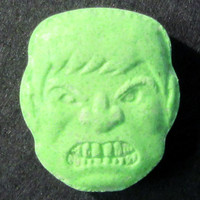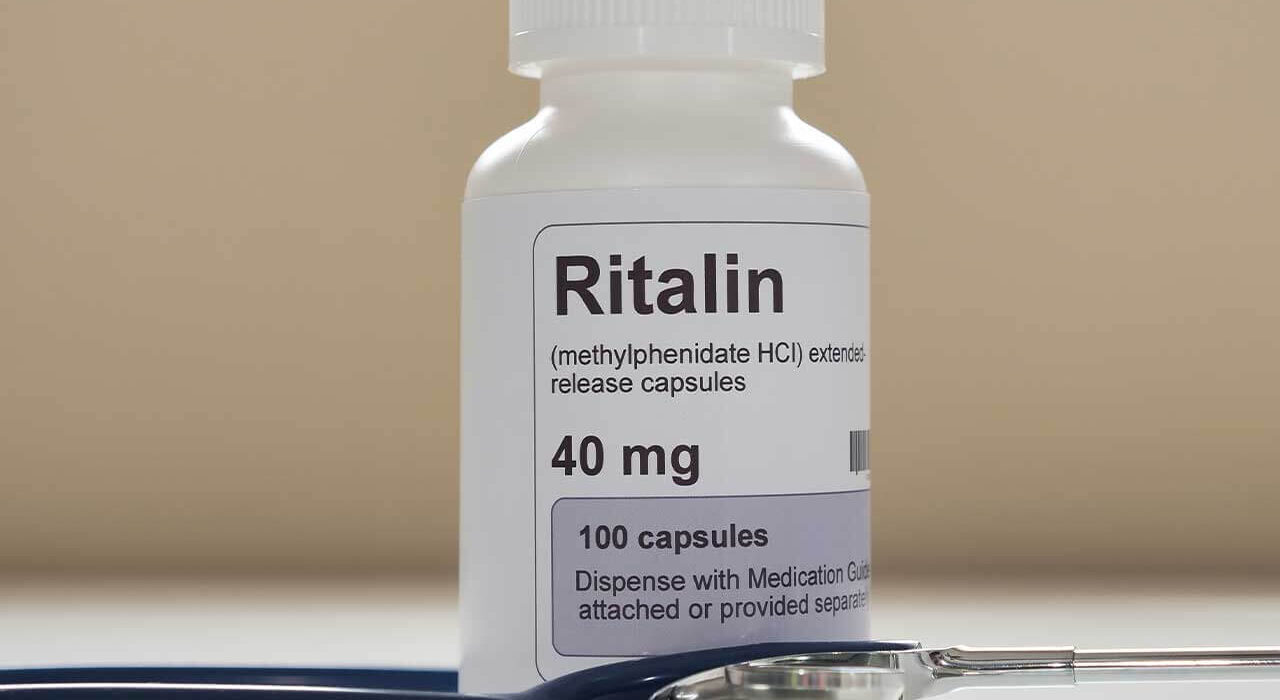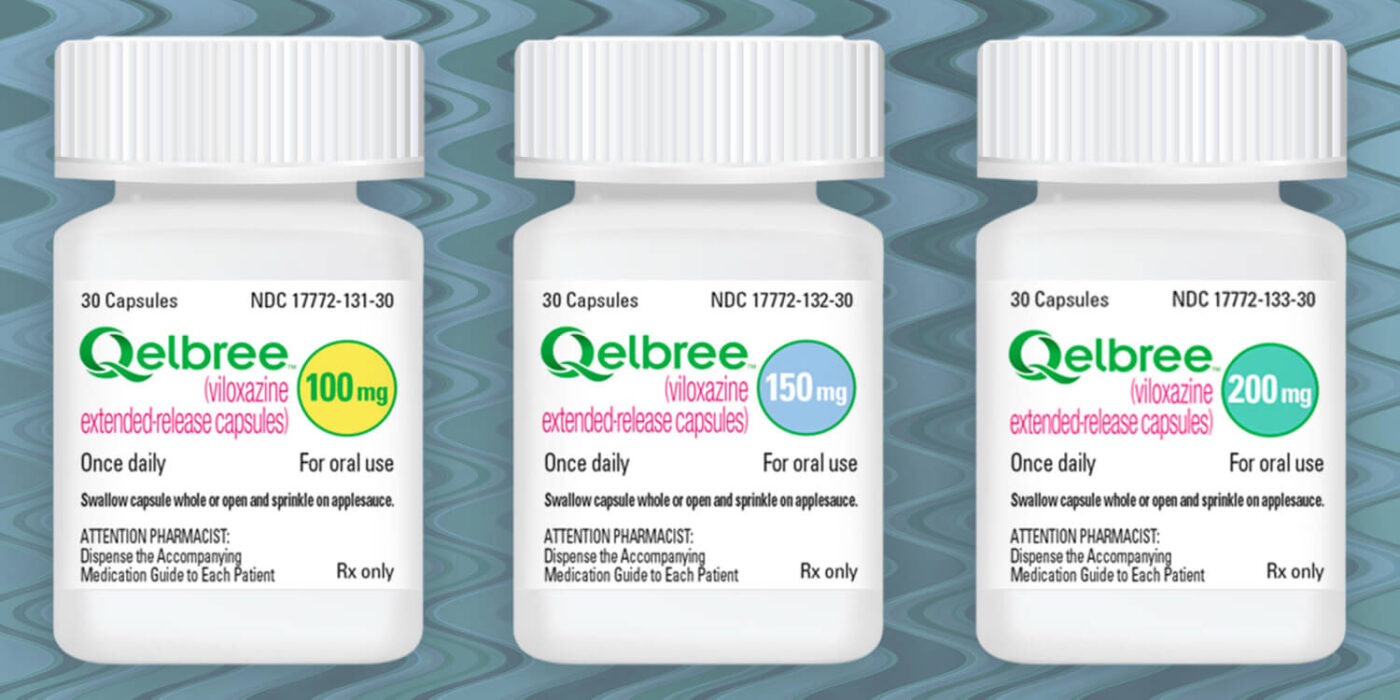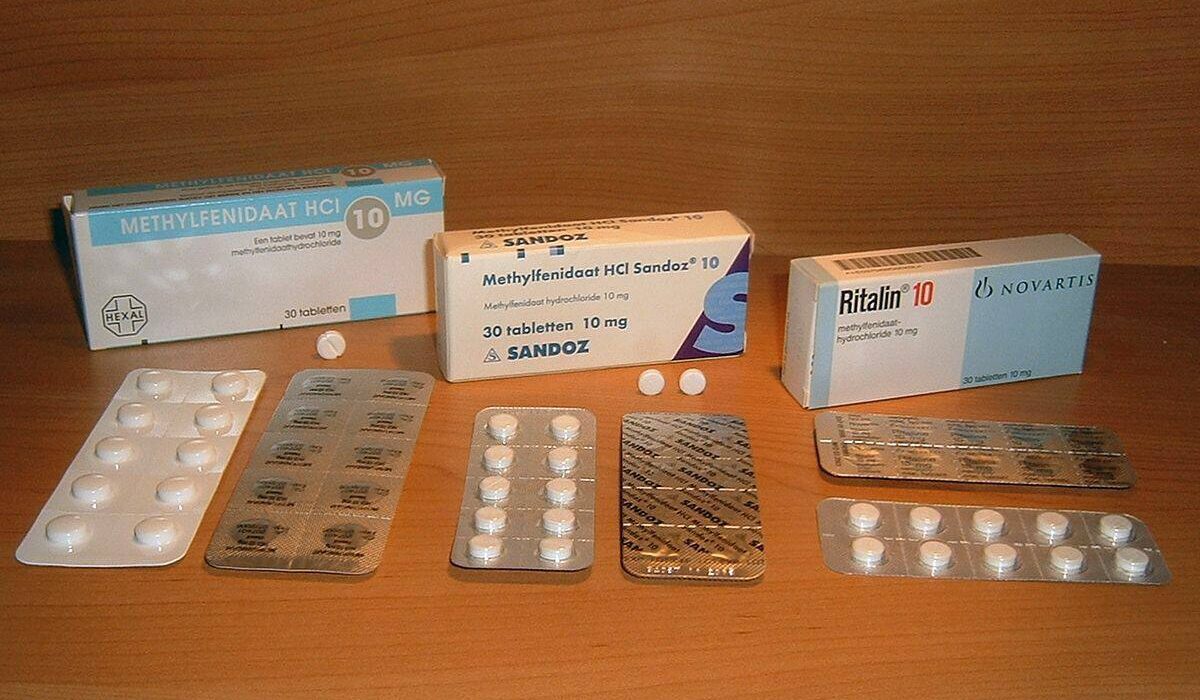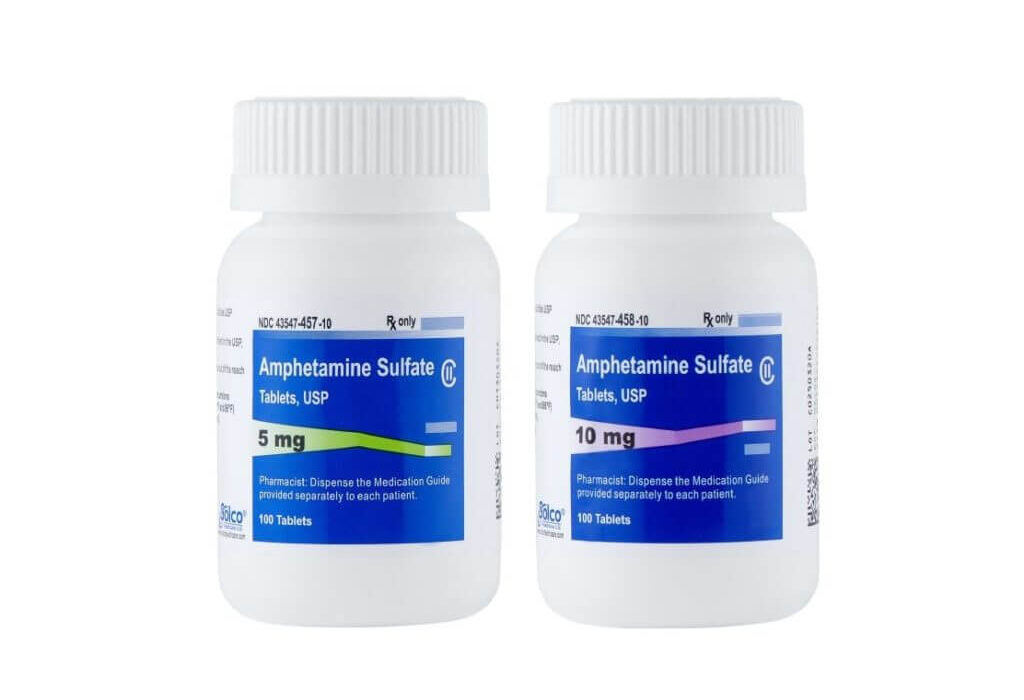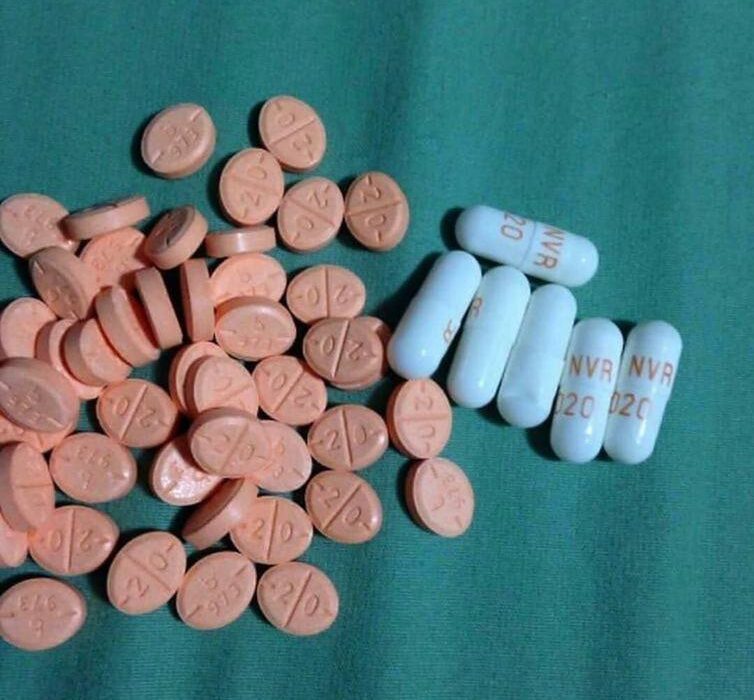Prevalence and Clinical Presentation
Depressive disorders co-occur with ADHD at rates ranging from 18.6% to 53.3%, with higher prevalence among adults who have undiagnosed or untreated ADHD . The relationship between ADHD and depression is complex: depression may emerge as a consequence of chronic underachievement and life difficulties related to ADHD (secondary depression), or it may develop independently as a primary condition.
Individuals with both conditions typically experience more severe depressive episodes, earlier onset of depression, higher rates of suicidality, and greater functional impairment compared to those with depression alone . The combination also presents diagnostic challenges due to overlapping symptoms such as concentration difficulties, restlessness, and executive function impairments.
Treatment Approaches
-
Pharmacological Strategies:
-
Stimulant medications are often initiated first to address core ADHD symptoms that may be contributing to depressive feelings, with careful monitoring for potential worsening of mood symptoms .
-
Bupropion is commonly used off-label for ADHD while simultaneously addressing depressive symptoms through its noradrenergic and dopaminergic effects .
-
SSRIs or SNRIs are frequently added when depression persists after ADHD symptoms are adequately managed, though providers must be mindful of potential drug interactions .
-
-
Therapeutic Interventions:
-
Cognitive Behavioral Therapy (CBT) helps address negative thought patterns that contribute to both conditions while building practical skills for symptom management .
-
Behavioral Activation combined with ADHD coaching strategies can help break the cycle of inactivity and negative mood that often characterizes this comorbidity .
-
ADHD and Autism Spectrum Disorder (AuDHD): Navigating Dual Neurodivergence
Prevalence and Clinical Presentation
The co-occurrence of ADHD and autism spectrum disorder (often referred to as AuDHD) is increasingly recognized, with research indicating that approximately 33-50% of individuals with ADHD also meet criteria for autism and vice versa . These conditions share genetic underpinnings and neurobiological mechanisms, particularly regarding executive dysfunction and sensory processing differences.
The clinical presentation of AuDHD involves a unique interplay of symptoms that can sometimes appear contradictory: individuals may simultaneously experience hyperfocus (associated with autism) and distractibility (associated with ADHD), or they may crave routine while struggling with consistency due to executive function challenges . Social communication difficulties may be exacerbated by both attention regulation issues and inherent differences in social understanding.
Treatment Approaches
-
Pharmacological Interventions:
-
Lower-dose stimulants are often utilized with careful titration to manage ADHD symptoms without exacerbating autism-related sensory sensitivities or anxiety .
-
Non-stimulant medications like atomoxetine may be preferred for individuals with significant sensory sensitivities or co-occurring anxiety .
-
Atypical antipsychotics may be considered when there are significant irritability or emotional dysregulation components .
-
-
Behavioral and Supportive Interventions:
-
Social skills training adapted for both attention and social communication challenges .
-
Environmental modifications to reduce sensory overload while implementing structure to support executive functioning .
-
Executive function coaching that acknowledges both autistic and ADHD cognitive styles .
-
ADHD and Bipolar Disorder: The Critical Importance of Diagnostic Clarity
Clinical Considerations
The relationship between ADHD and bipolar disorder is complex and often misunderstood. Both conditions share features such as emotional dysregulation, impulsivity, and restlessness, which can lead to diagnostic confusion . However, there are crucial distinctions: ADHD typically involves chronic rather than episodic symptoms, and the mood elevations in bipolar disorder are more severe and persistent than the mood fluctuations seen in ADHD.
Critically, stimulant medications used for ADHD can potentially induce manic episodes or rapid cycling in individuals with undiagnosed bipolar disorder . Therefore, accurate differential diagnosis is essential before initiating ADHD treatment in individuals with mood symptoms.
Treatment Approaches
-
Mood stabilization first: When bipolar disorder co-occurs with ADHD, mood stabilization must be achieved before addressing ADHD symptoms . This typically involves lithium, anticonvulsants, or atypical antipsychotics.
-
Careful medication selection: Once mood stability is established, cautious introduction of ADHD medications may be considered, with preference for non-stimulant options or lower-dose stimulants with close monitoring .
-
Psychotherapeutic support: Psychoeducation about both conditions is essential, along with therapies that target emotional regulation and routine stabilization .
Integrated Treatment Approaches for Complex Comorbidity
Comprehensive Assessment
Effective treatment of ADHD with comorbidities begins with a thorough diagnostic assessment that includes:
-
Detailed developmental and psychiatric history
-
Standardized rating scales for all potential conditions
-
Input from multiple sources (self-report, family, school/work)
-
Consideration of medical causes for symptoms
Personalized Treatment Planning
Given the complexity of comorbid presentations, treatment must be individualized based on:
-
Which condition is causing the most significant impairment
-
Medication tolerance and potential interactions
-
The individual’s lifestyle, responsibilities, and support systems
-
Personal preferences and treatment goals
The Role of Therapy and Skills Training
While medication management is often a component of treatment, therapeutic interventions are equally important for addressing comorbid ADHD:
-
Cognitive Behavioral Therapy (CBT) helps modify thought patterns that exacerbate both ADHD and comorbid symptoms .
-
Dialectical Behavior Therapy (DBT) skills can be particularly helpful for emotional regulation difficulties .
-
ADHD coaching provides practical strategies for organization, time management, and task completion .
-
Family therapy can improve understanding and communication patterns in relationships affected by ADHD symptoms .
Conclusion: The Path Forward in Managing ADHD Comorbidities
The treatment of ADHD with co-occurring conditions requires a nuanced, multifaceted approach that addresses all aspects of an individual’s mental health. Rather than simply combining treatments for separate disorders, effective management involves understanding how these conditions interact and developing integrated strategies that target their unique interplay.
For individuals with complex comorbid presentations, consultation with a specialist who has experience in managing these conditions is essential . With proper diagnosis, thoughtful treatment planning, and ongoing support, individuals with ADHD and co-occurring conditions can achieve significant improvement in their symptoms and overall quality of life.
If you’re struggling with ADHD and additional mental health concerns, consider seeking a comprehensive evaluation from a professional who can develop a personalized treatment plan that addresses all aspects of your mental health. Effective management is possible with the right approach and support.








